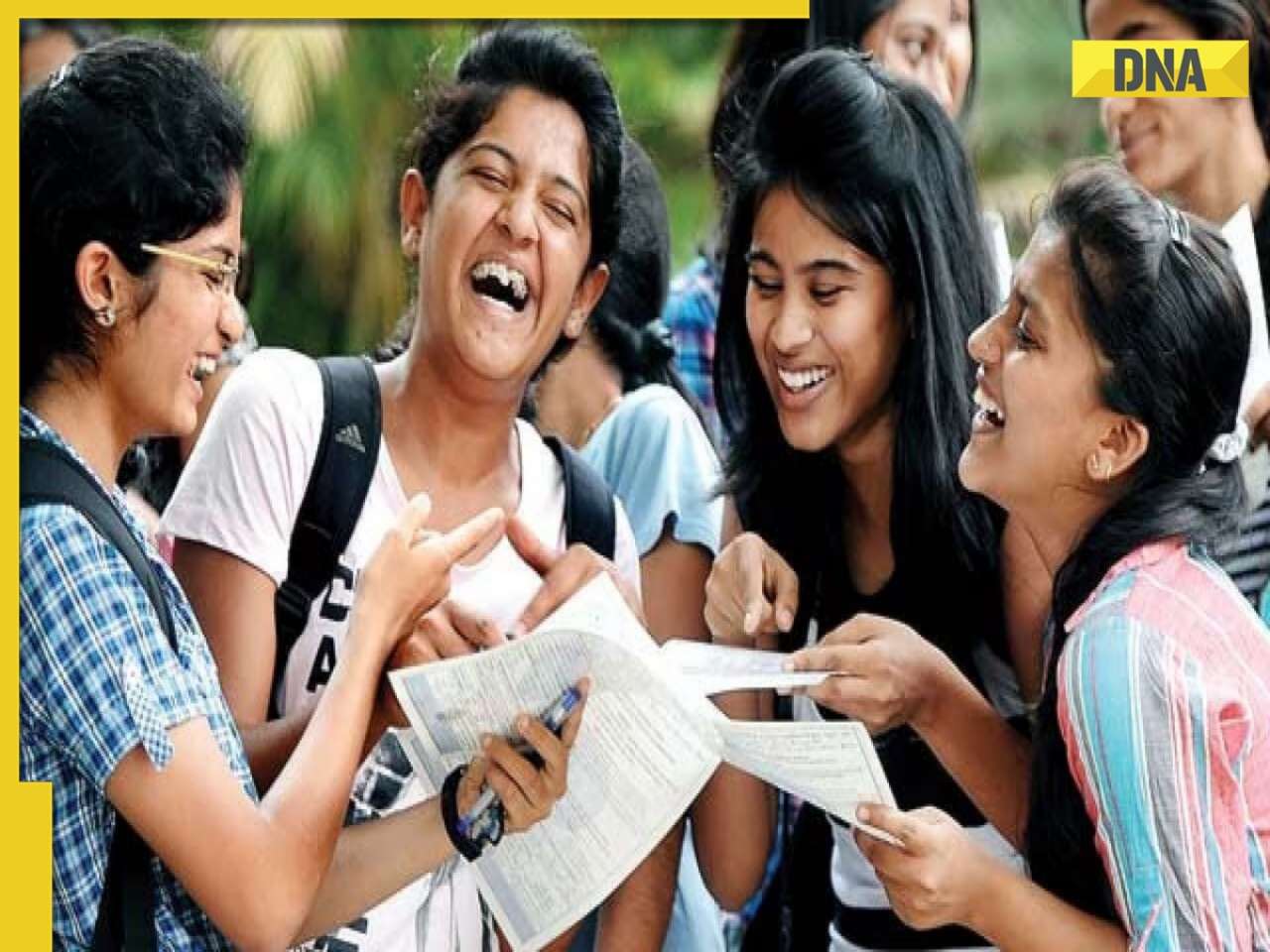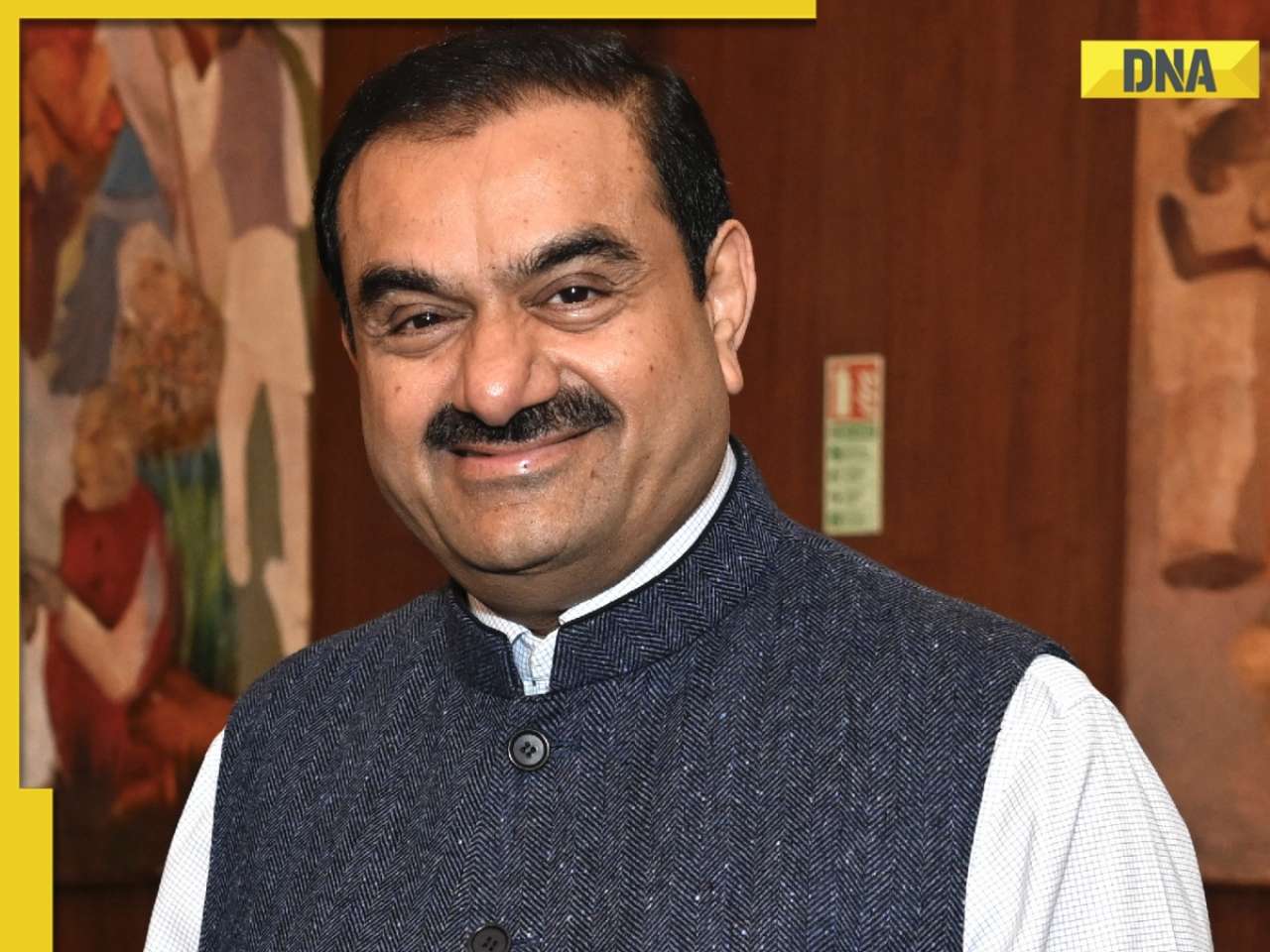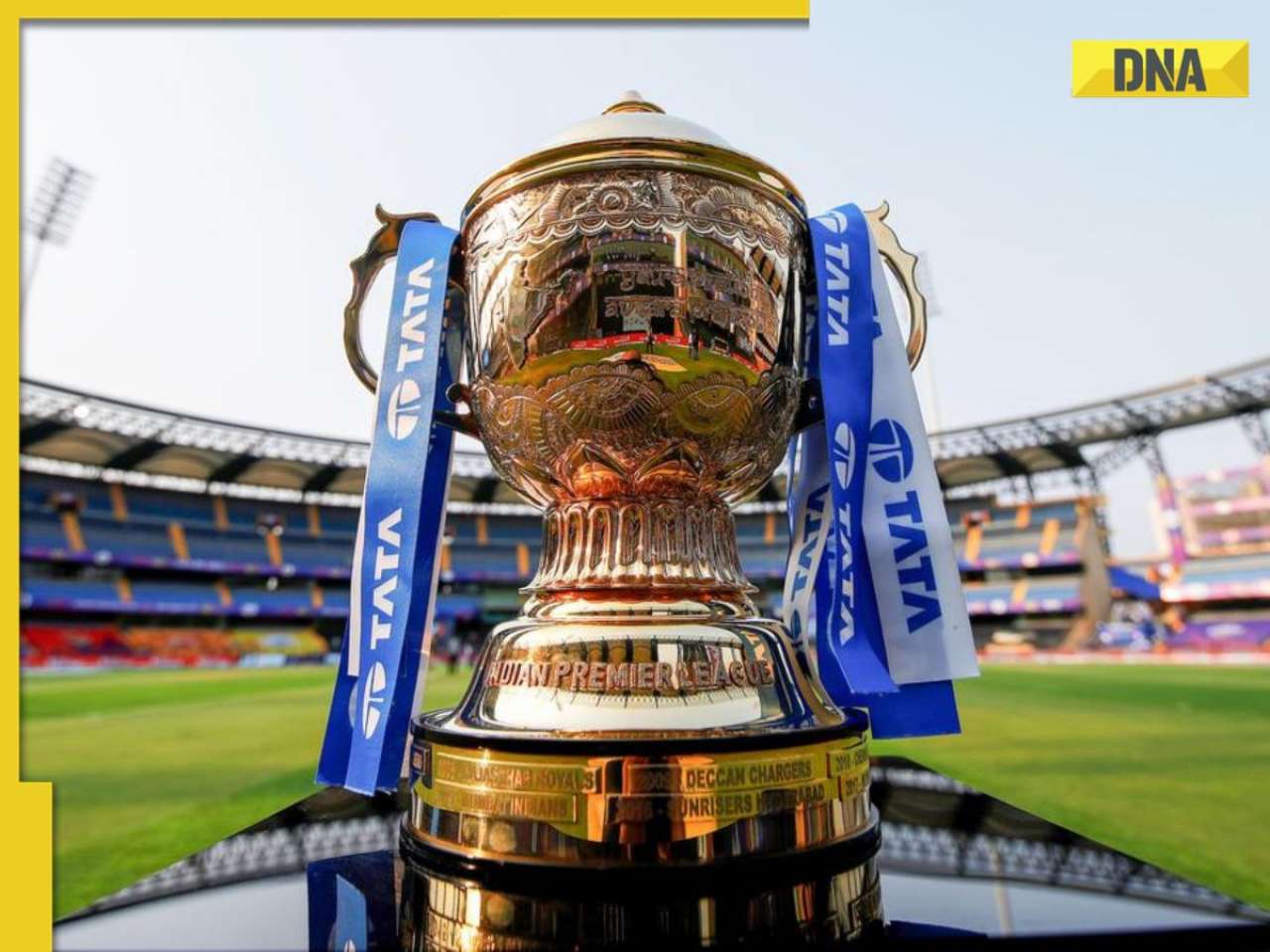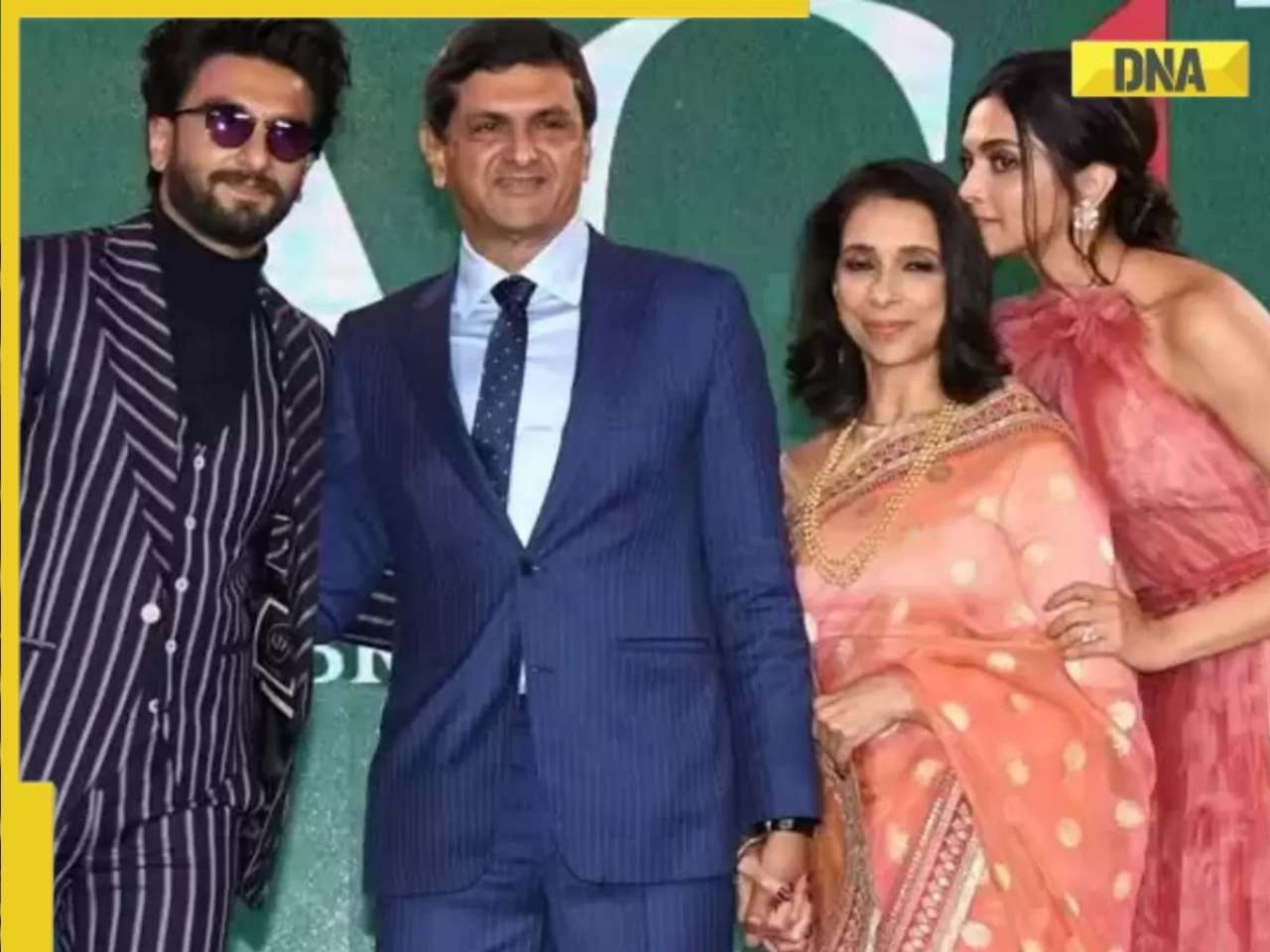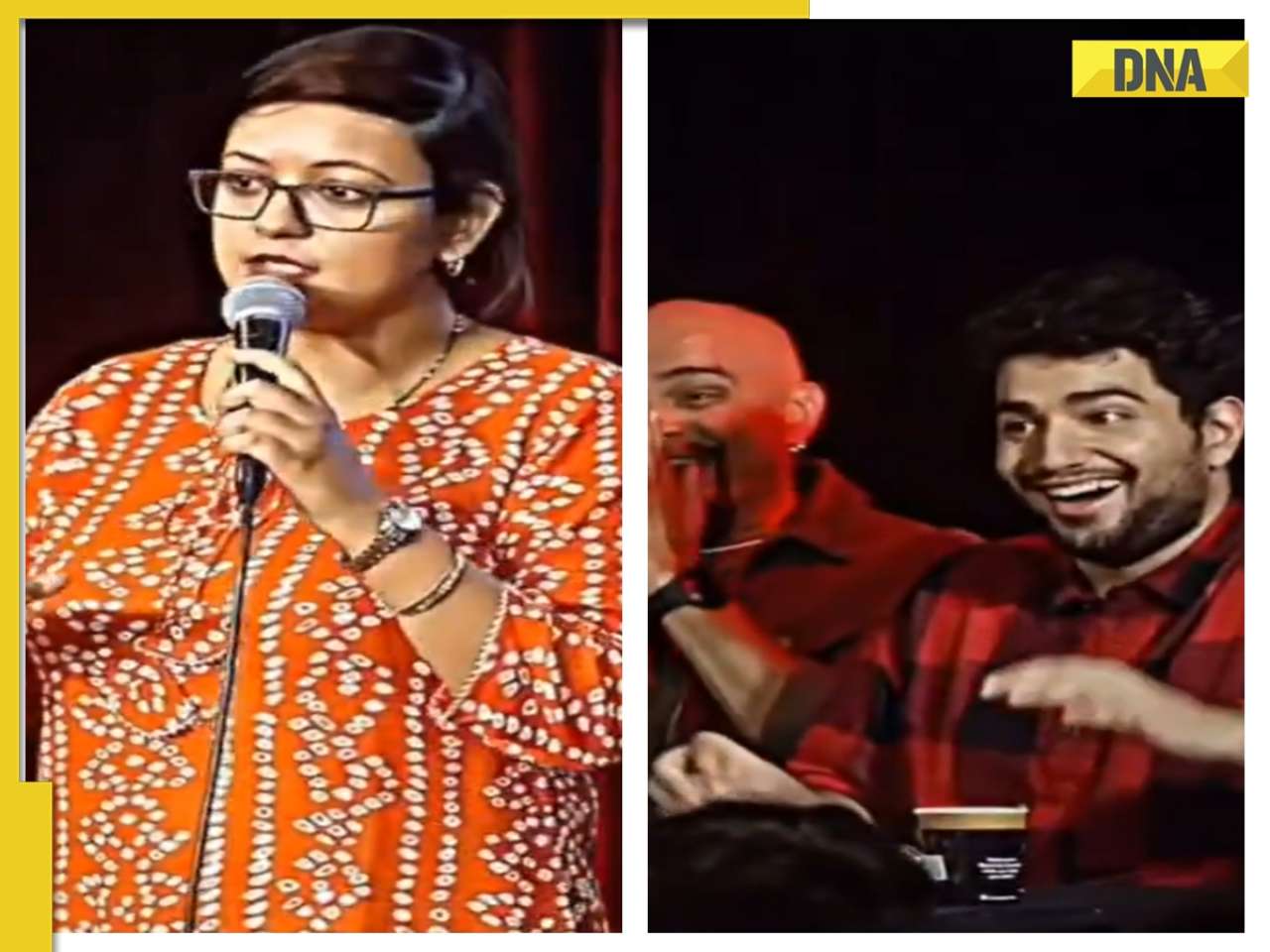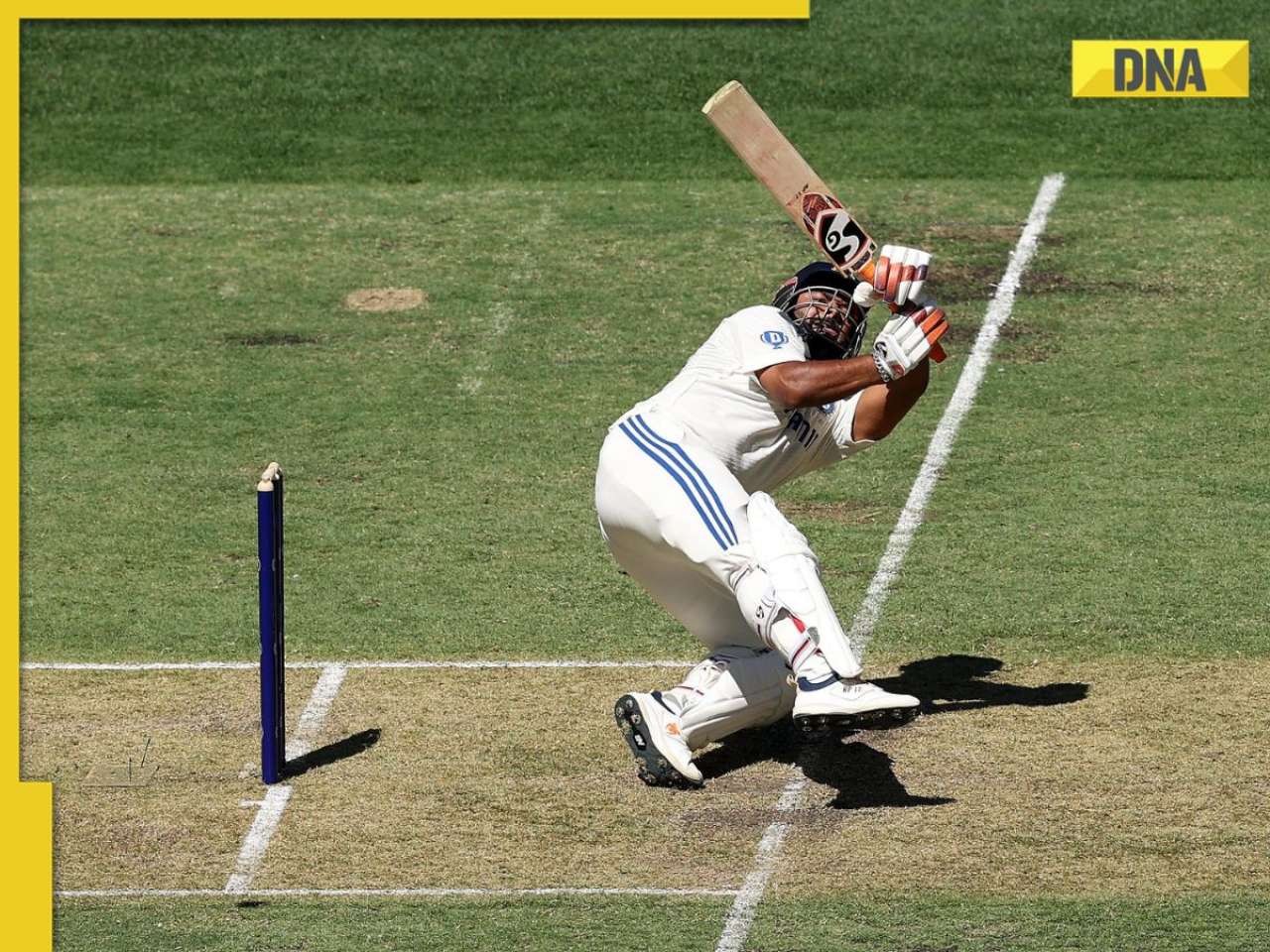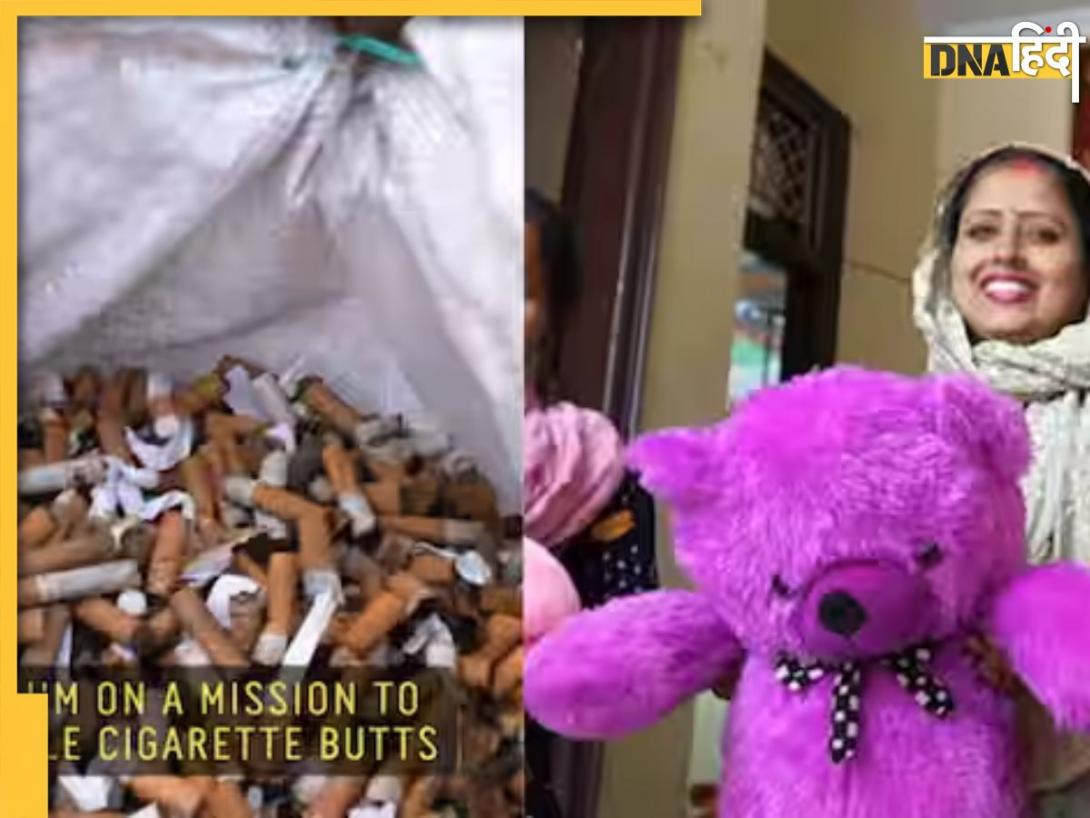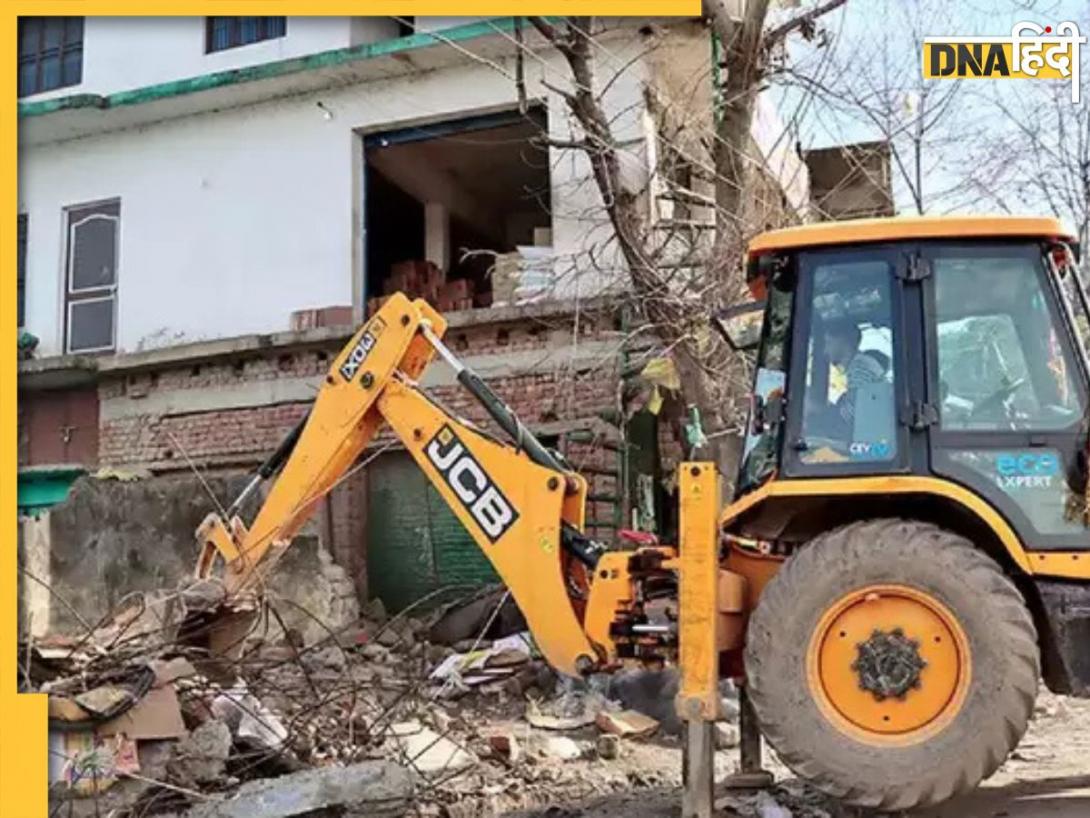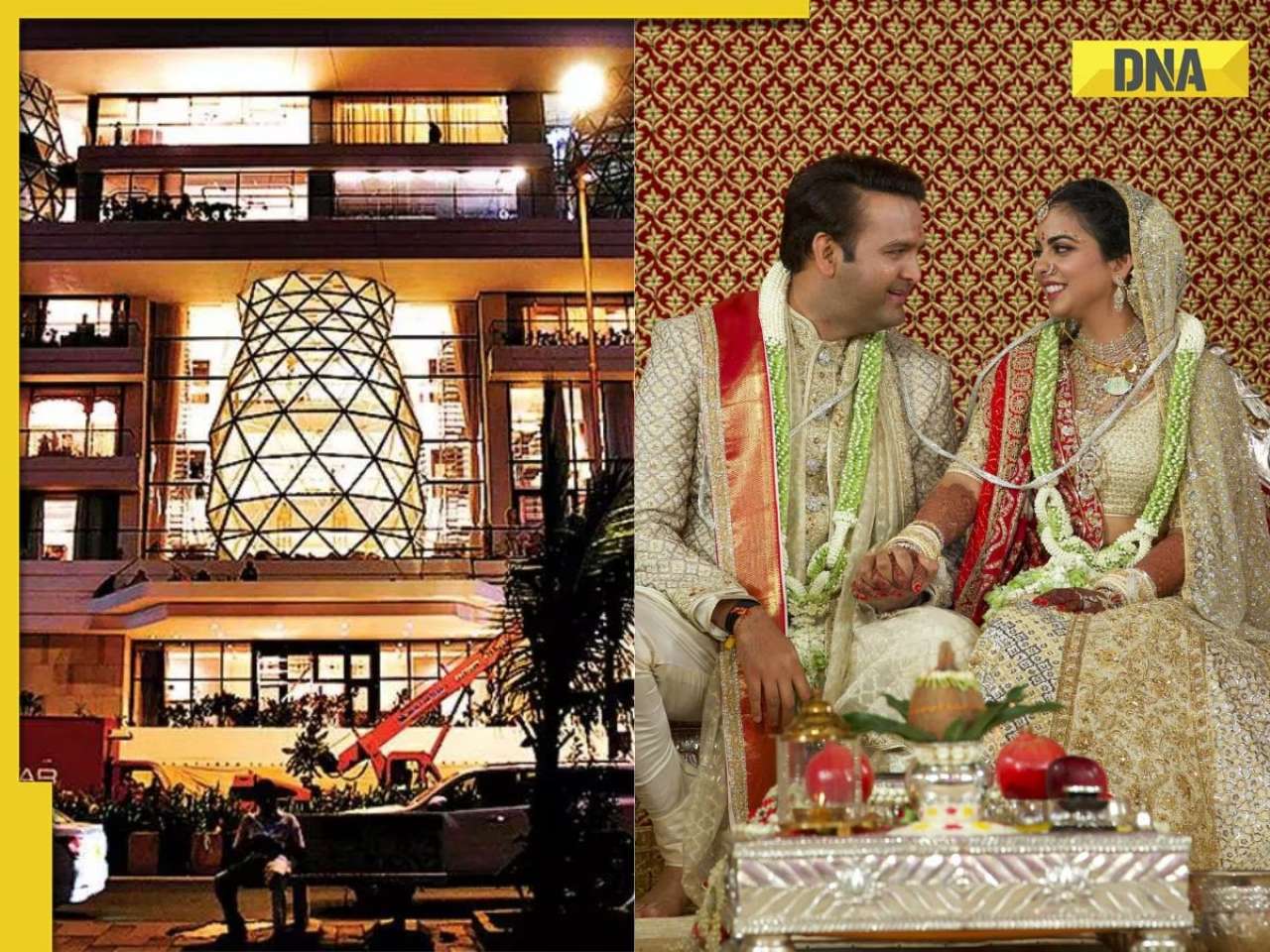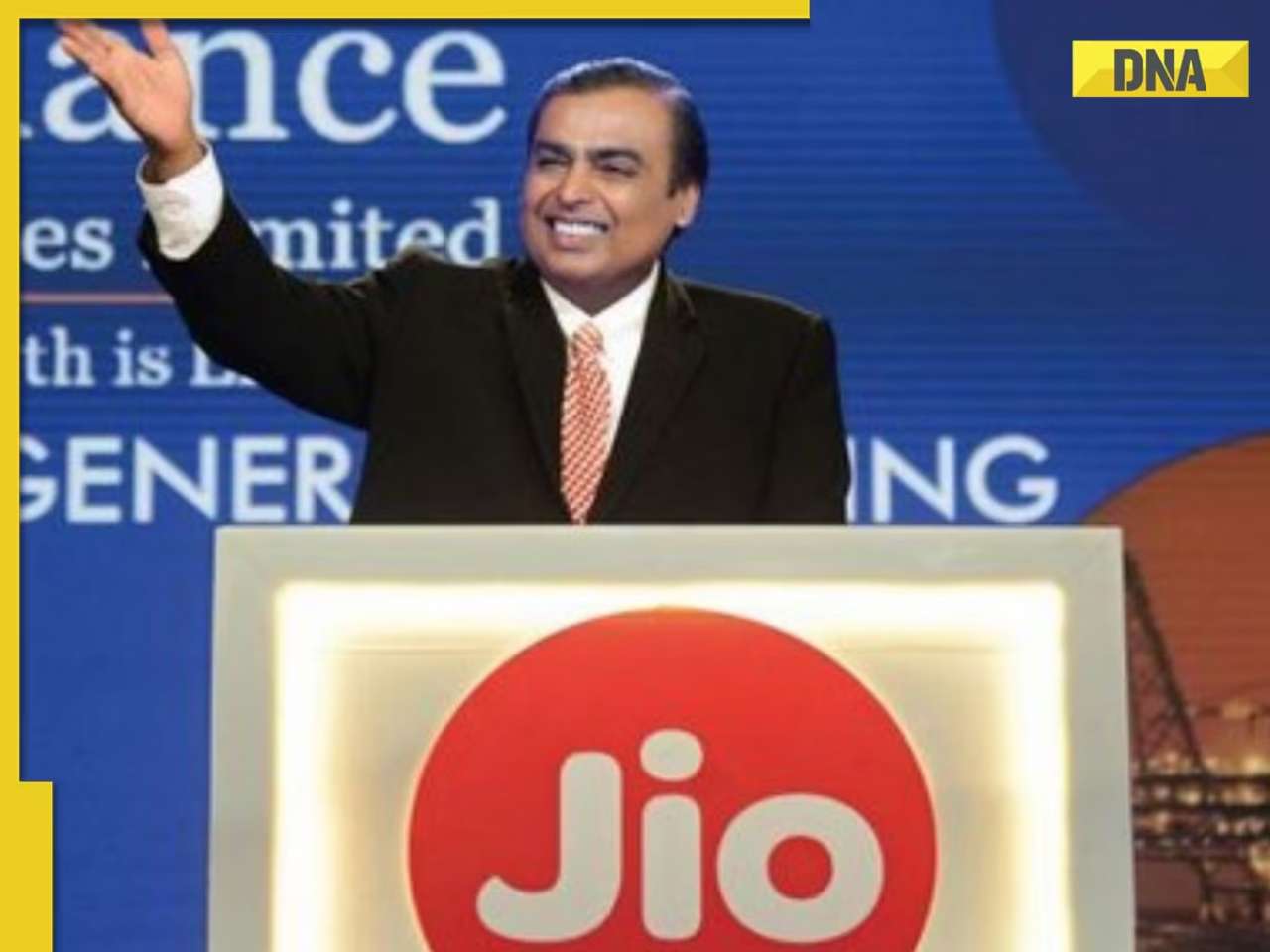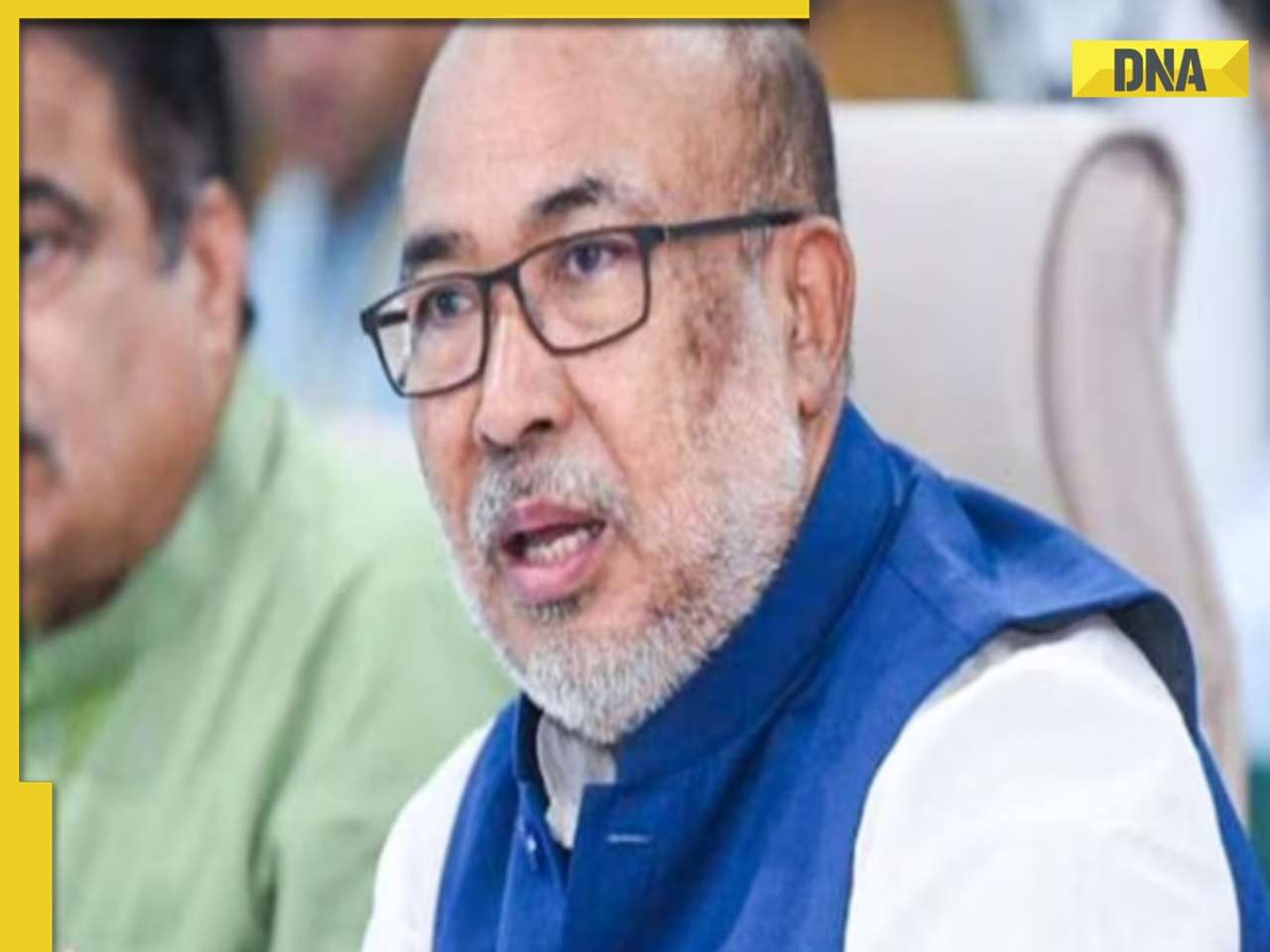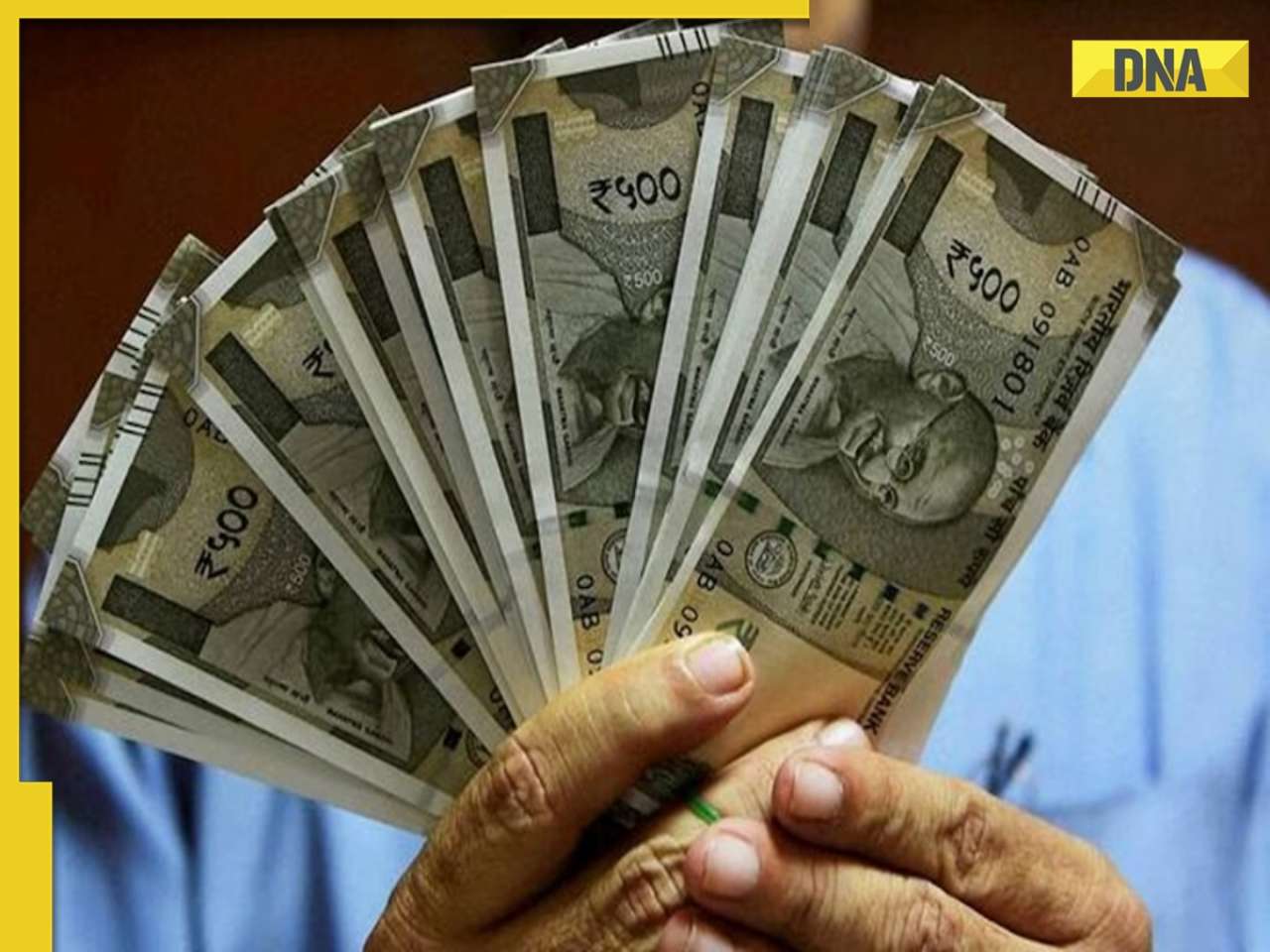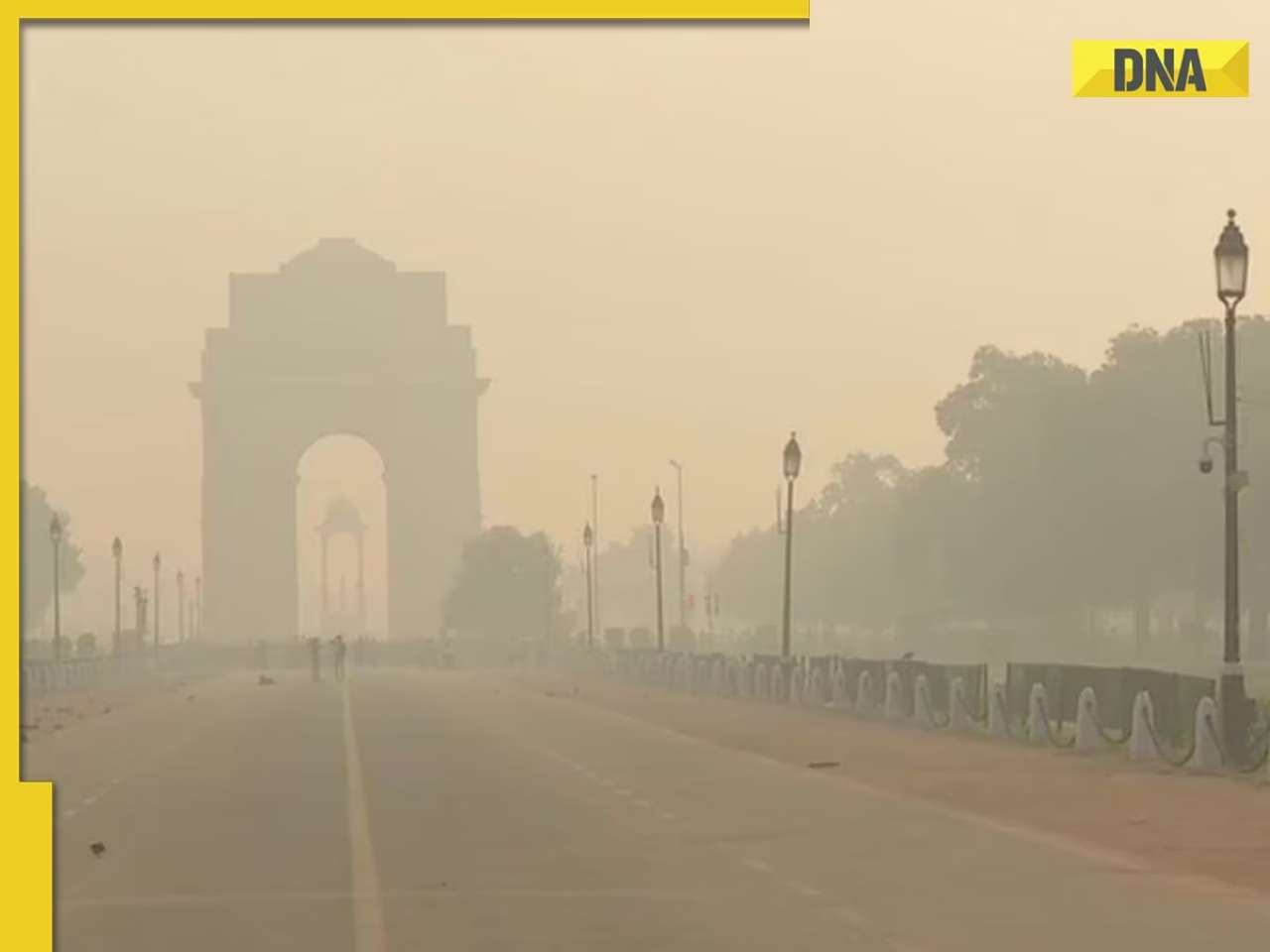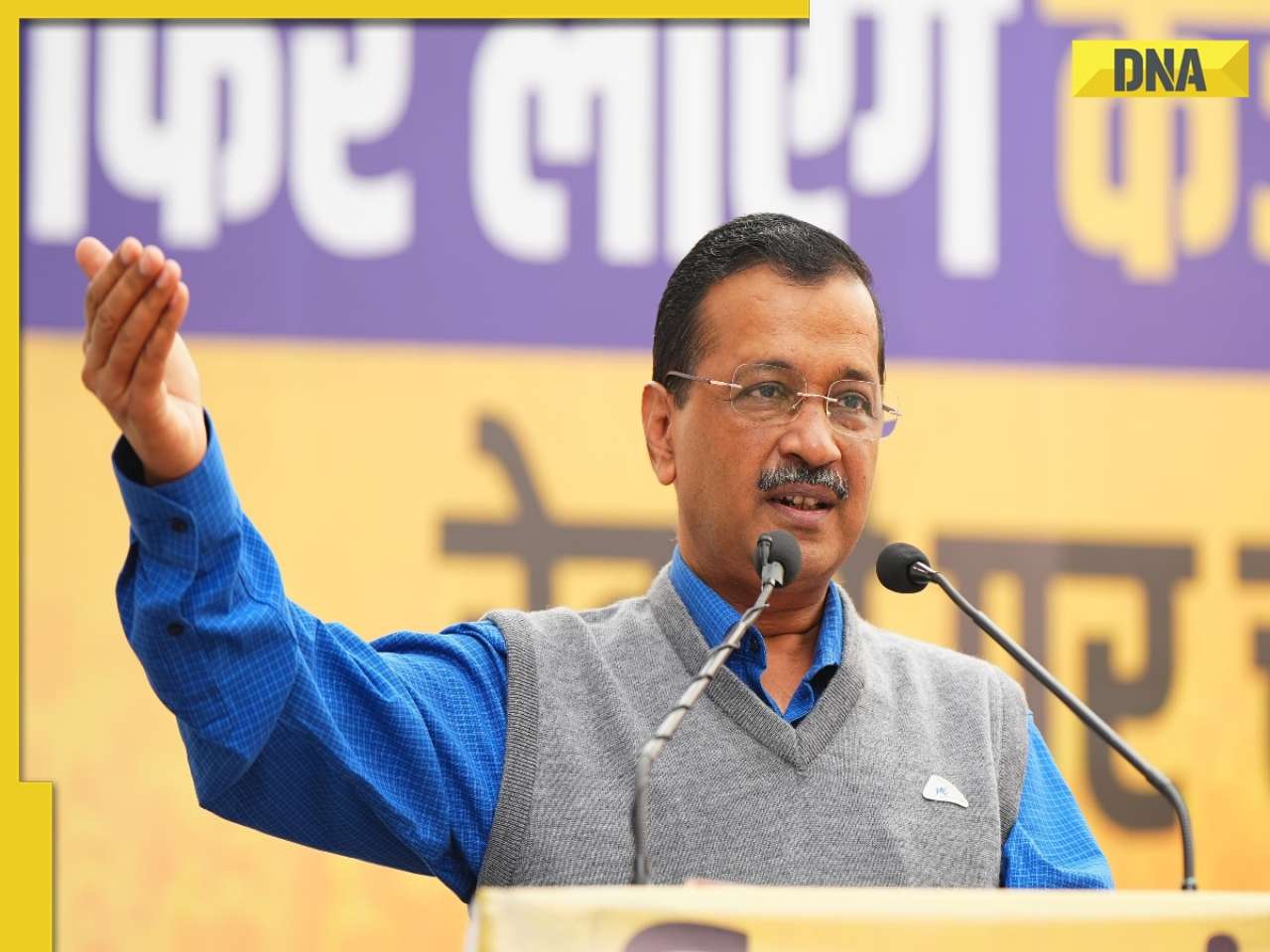- LATEST
- WEBSTORY
- TRENDING
ANALYSIS
Where culture meets crime
It’s not the pangs of conscience, but the fear of shame that dictates an average Indian’s moral compass
TRENDING NOW
The recent rape and murder of an eight-year-old girl in Kathua has been universally condemned. What is equally shocking is that many politicians and lawyers have come out in support, not of the girl and her family, but the alleged killers. Is this a manifestation of a cultural bias towards how people view right and wrong?
Anthropologist Ruth Benedict popularised the distinction between a guilt-based culture and a shame-based culture. In a guilt culture, a person knows his behaviour is good or bad by what his conscience feels. People refrain from doing wrong things because they inherently recognise it to be wrong. The US, and much of Europe, would be examples of societies that have traditionally had a guilt-based culture.
In a shame-based culture, a person’s behaviour is often based not on moral perceptions of right and wrong, but on the risk of being caught doing wrong. Personal honour, and how others in the community, perceive an act is more important than individual values of right and wrong. ‘A thief is the one who gets caught,’ as the saying goes.
In this culture, the first rule when you do wrong is, don’t be found out, and if you are, then bluff your way through. Admit to a wrongdoing only when every other alternative has failed, because it will bring shame and disgrace. Japan was the prototypical shame-based culture where people often committed suicide to avoid the shame associated with being caught.
Neither of these two cultures are perfect, and there is value to be found in each one. Also, while every society has individuals that would fall into either category, one is forced to look at averages when studying social behaviour.
Both types of cultures teach personal behaviour, but have very different approaches to wrongdoing and as a result, have very different implications for social discipline. The positive aspects of a guilt-culture are its concern for truth and justice, the preservation of individual rights, and the sense of personal responsibility that comes from knowing that you are responsible for doing the right thing even when no one is watching.
In the shame-culture, the desire to avoid shame to the exclusion of all else is the overriding factor. The positive aspect of this is that people engage in socially-conforming behaviour, but, that is also its downside, especially when it results in mob destruction. Also in the guilt-based society, criminal acts generally tend to be carried out by lone wolves, whereas group criminality tends to dominate bad behaviour in shame-based societies.
A good illustration of these conflicting moral behaviours is the 1 am traffic light test. In a guilt-based society, it is more likely that a person will not jump a red light even at 1 am in the morning because he knows it is wrong. But in a shame-based society, he probably will know that no one is watching, and he is unlikely to get caught.
Like most Asian societies, India has a shame-based culture. What prevents people from doing wrong is not guilt, but the fear of getting caught. Most people would fail the 1 am test and jump the traffic light. In a shame-based culture, people with power in society act like they have a license to engage in secret wrong-doing. So when Bollywood actor Salman Khan was caught for killing a rare animal, his conscience did not alert him to the fact that he was doing wrong. In his shame-based view, for him the only thing that mattered was that he should not get caught; and even if he did, his status as a star would allow him to bluff his way out.
In the same way, rape and murder of the girl in Kathua is an example of India’s shame-based culture. The alleged killers were members of a religious organisation and raped the poor child in a temple in front of the very gods they feared. They had no moral conscience or guilt. They thought they were doing their religious community a favour and would be protected. And as is typical of shame-based violence, this act was carried out by a group of people who each sought social validation from religious brotherhood.
So when two leaders of a major political party were forced to resign as a result of the public outrage over their support of the accused, the national party office wrote the following letter: “It is a simple resignation letter, but they have done it to save party (sic) from the adverse publicity going on in the media about them publicly supporting the Hindu Ekta Manch.” There was no acceptance of wrong-doing and the honour of the party was the primary consideration.
Shame has a place in any moral system — it does prevent many from doing wrong. But when it dominates guilt and personal responsibility, then people are less reluctant to be honest, especially if they know they can get away with it.
Sadly, that is the case in India. History has shown that once societies reach a certain level of complexity, shame-based cultures transition to becoming guilt cultures. Japan and Singapore are great examples of countries that have successfully transitioned from a traditional shame-based culture to a rules-based guilt culture. There are also examples of countries that have gone the other way. Mexico moved from a Catholic guilt-based culture based on personal atonement to a shame-based culture in which personal morality is dictated by the possibility of getting caught and losing acceptance within the community and the church.
India is a country steeped in centuries of tradition that will be tough to change. For example, the ‘khap’ tradition in Haryana, with its focus on community acceptance of right and wrong, is a shame-based culture that dominates the lives of its people. Similar traditions can be found everywhere else in the country.
There is hope that India could eventually transition into a guilt-based society in which people accept greater personal responsibility in doing what is right. The rallies in support of the victims of recent rape cases appear to have woken the country. Hopefully, besides shaming the perpetrators, this also instills a sense of right and wrong among the youth. But the nation also needs leaders who have the moral courage to call out wrong when they see it.
The author is the founder, contractwithindia.com. Views expressed are personal
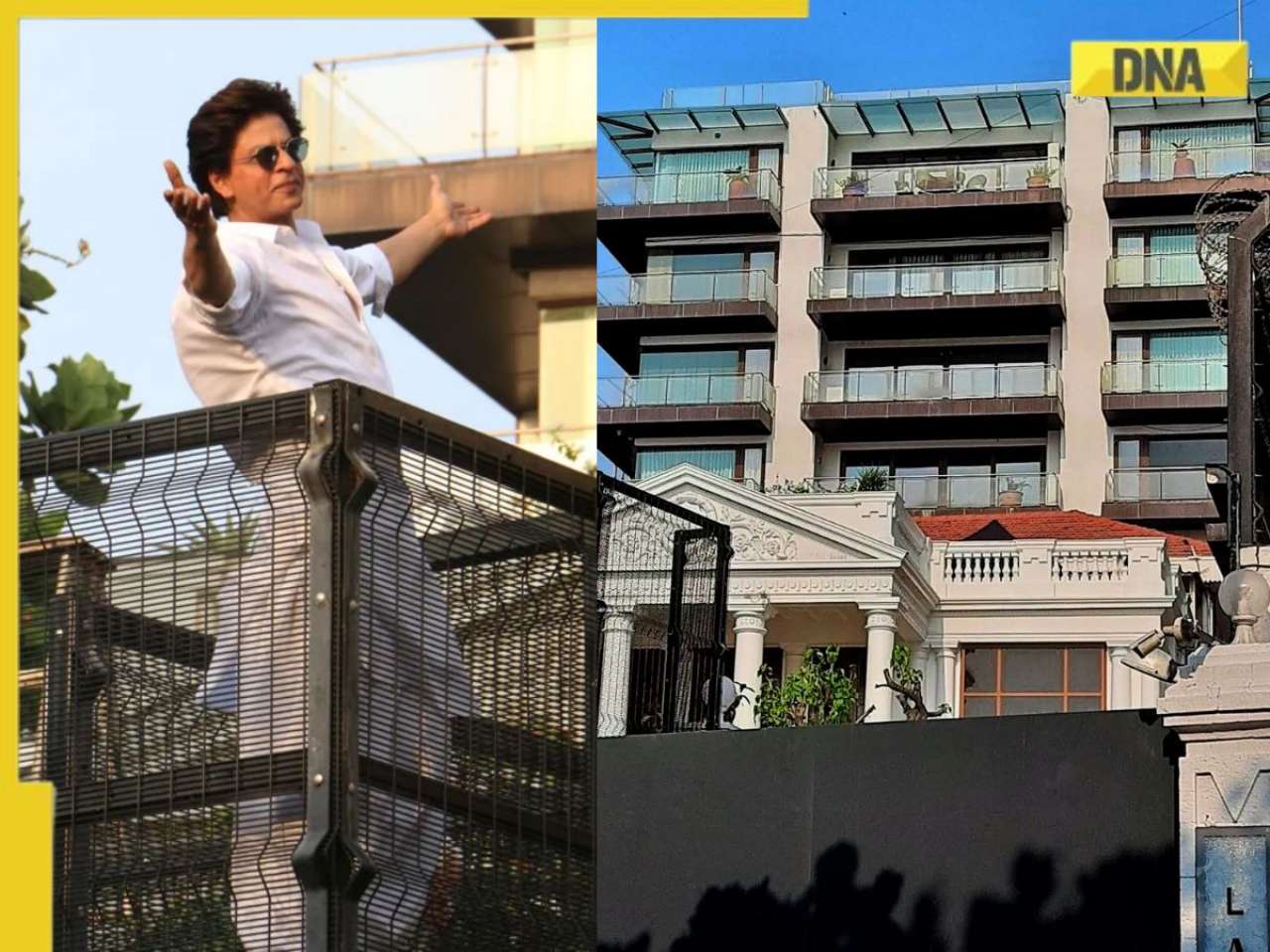
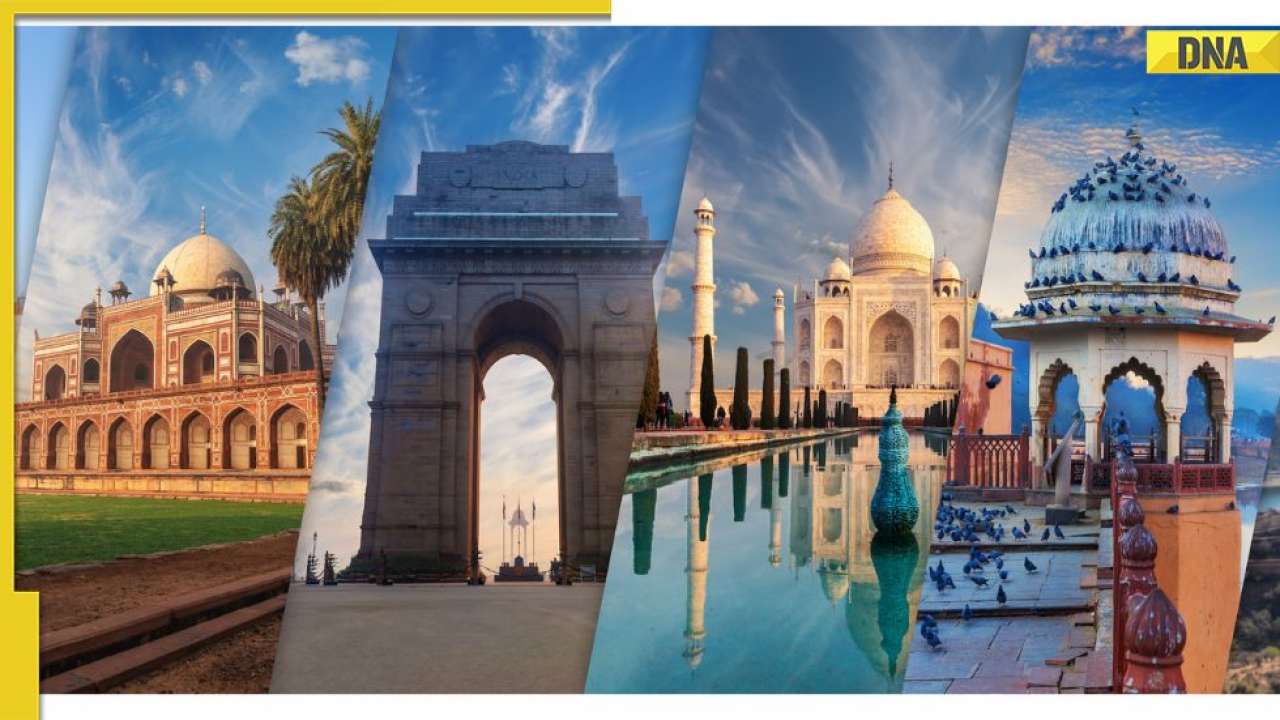





)
)
)
)
)
)
)
)
)
)
)
)
)
)
)
)





